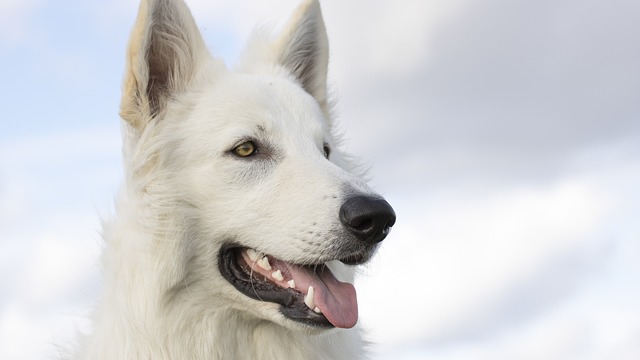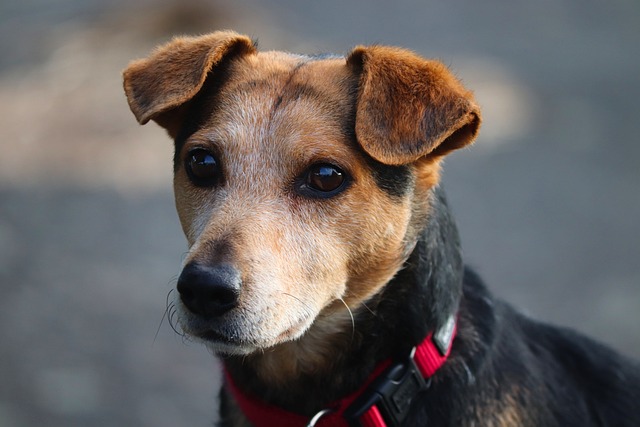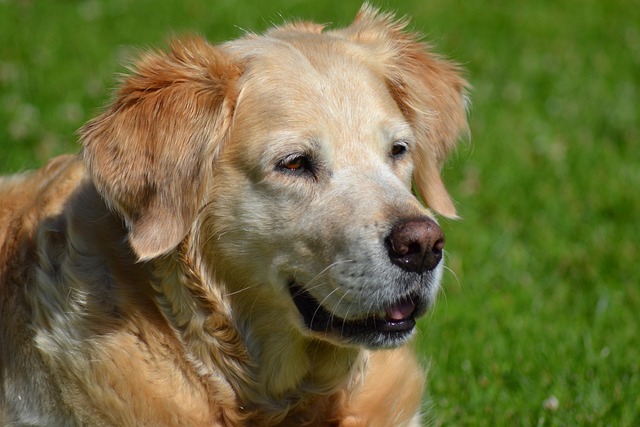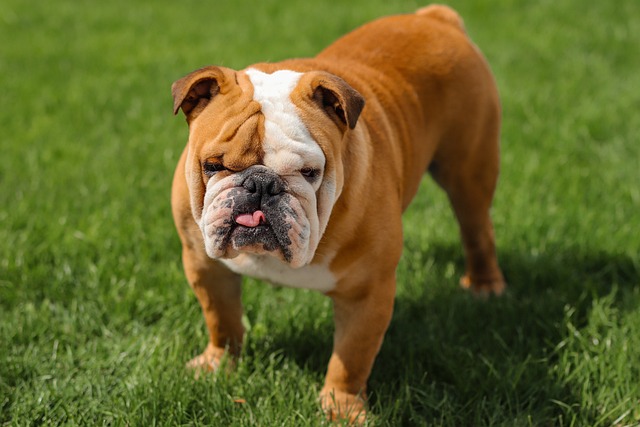
recovering from heat stroke symptoms dog: Key Do’s and Don’ts for New Owners
I sat with my friend Liam in his Texas living room last Wednesday, where his 3-year-old Husky mix, Max, lay on a cool towel—still panting softly
When you see a litter of puppies that have just been born for over ten days, they close their eyes, snuggle together, and make faint noises, their cute appearance can instantly touch your heartstrings. These little creatures are so fragile yet so full of vitality, and feeding them has become a challenging and responsible task, with every choice determining whether they can thrive.
A little dog that is over ten days old, with various organs still developing, has a particularly delicate digestive system. At this point, breast milk is their most ideal food, and there is no such thing as it. Breast milk is like a nutrition package tailored by nature for puppies, rich in various nutrients such as protein, fat, lactose, vitamins, and minerals. These nutrients not only meet the energy needs of puppies for rapid growth, but also contain immunoglobulin, which can enhance their immunity and help them resist the invasion of external bacteria, like putting a strong armor on puppies.
In the case where the mother dog can breastfeed normally, what we need to do is to provide sufficient and nutritious food for the mother dog to ensure the quality of breast milk. High quality dog food can be fed to female dogs, with appropriate addition of meat, eggs, and dairy products such as boiled chicken breast, egg yolk, sheep milk powder, etc. These foods are rich in protein and fat, which helps female dogs secrete more and higher quality milk. At the same time, it is important to ensure that the mother dog has sufficient clean drinking water, as breastfeeding consumes a significant amount of water from the mother dog.
But sometimes, there may be situations where the mother dog cannot breastfeed, such as illness or insufficient milk supply. At this point, artificial feeding became the hope for the survival of the puppy. Choosing the appropriate milk substitute is crucial in artificial feeding. Never use milk, as it contains a high amount of lactose, which makes it difficult for dogs to digest and can easily cause digestive problems such as diarrhea. The most suitable milk substitute is pet specific goat milk powder, which has similar nutritional components to breast milk and is easy to digest and absorb.
When feeding sheep milk powder, pay attention to the brewing ratio and temperature. Generally, the brewing is carried out according to the ratio stated in the product manual, with the water temperature controlled at around 38-40 degrees Celsius, which is close to the body temperature of the puppy and can make it feel comfortable while eating, avoiding burns or fright to the puppy. You can use a specialized pet bottle to gently place the pacifier into the puppy's mouth and let it naturally suck. At the beginning of feeding, the puppy may not adapt well, so we need to be more patient and guide it slowly.

A puppy that is over ten days old has a very small stomach capacity, so it needs to be fed frequently. Usually, it is necessary to feed it every 2-3 hours, and it may take 8-10 times a day. The amount fed each time should not be too much, and it is advisable for the puppy to be 70-80% full. During the feeding process, it is important to closely observe the reaction of the puppy. If the puppy eats actively, it indicates that it is not yet full; If the puppy starts to resist or stops actively sucking, feeding should be stopped to avoid overeating.
In addition to food selection and feeding frequency, the feeding environment cannot be ignored. To provide a warm, quiet, and clean environment for the puppy. You can lay a soft cushion in the puppy's nest and keep the indoor temperature around 28-30 degrees Celsius. If the temperature is too low, the puppy is prone to getting sick from cold; If the temperature is too high, the puppy will also feel uncomfortable. At the same time, it is necessary to regularly clean the puppy's nest, maintain hygiene, and reduce the growth of bacteria and parasites.
Every little dog is a miracle of a small life, and their arrival brings us endless joy and warmth. When feeding puppies that are over ten days old, we should take care of them with love and patience, just like taking care of our most precious treasure. Watching these little ones grow up day by day under our careful care, becoming lively and lovely, we will sincerely feel gratified and proud. Their every faint cry, every small movement, touches our hearts. Let us wholeheartedly accompany them through this most vulnerable stage and lay a solid foundation for their healthy growth. In the days to come, these little dogs will become our most loyal companions, accompanying us through every journey of life and creating countless beautiful memories.

I sat with my friend Liam in his Texas living room last Wednesday, where his 3-year-old Husky mix, Max, lay on a cool towel—still panting softly

Watching a dog curl up quietly after a walk might make you think they’re all set—but figuring out if that activity was enough takes a little more attention.

You’re enjoying a sunny afternoon at the park when you notice your dog lagging behind, panting heavily with thick saliva, and seeming unsteady on their feet.

Last Friday evening, I rushed over to my friend Zoe’s place after she sent a frantic voice note—her 11-month-old Labradoodle, Cooper, was rubbing his face against the carpet nonstop

Honey is a common staple in many households, often used to sweeten drinks or top snacks—but when it comes to sharing it with our furry companions, questions naturally pop up.

I sat with my friend Lily in her living room last week, watching her 2-year-old Golden Retriever, Bailey, scratch his ears so hard he whimpered—his paws were red and raw from licking